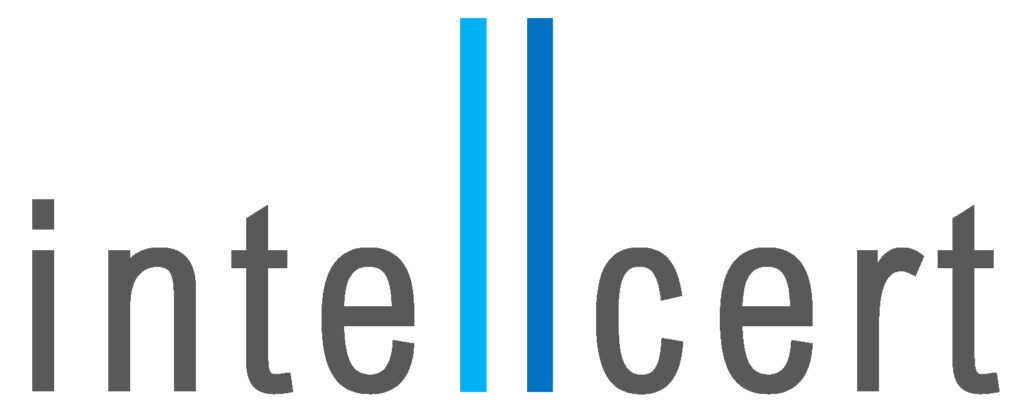Frequently Asked Questions about ISO 9001 Certification
What does ISO 9001 entail?
ISO 9001 is an international standard for Quality Management Systems (QMS). It specifies the requirements that organizations must fulfill to provide products and services that meet the needs of their customers and other relevant parties. The standard encompasses various aspects, including:
- Context of the organization: Understanding the context and expectations of interested parties and responding to them.
- Leadership: Demonstrating strong leadership and commitment to quality.
- Planning: Setting objectives and planning how to achieve them.
- Support: Ensuring the organization provides necessary resources and supports qualified employees.
- Operation: Establishing and implementing processes to produce or deliver products and services according to requirements.
- Performance evaluation: Monitoring, measuring, analyzing, and evaluating performance.
- Improvement: Making continuous improvements based on evaluations and analyses.
ISO 9001 is designed to help organizations build effective QMS and continuously improve to enhance customer satisfaction and increase performance.
What are the objectives of an ISO 9001 Quality Management System?
An ISO 9001 Quality Management System (QMS) has several objectives:
- Customer satisfaction: Increasing customer satisfaction by meeting their requirements and providing products and services that meet expectations.
- Continuous improvement: Contributing to continuously improving processes and operations to enhance efficiency and quality.
- Effective resource utilization: Ensuring effective use of resources such as time, personnel, and materials to minimize waste.
- Risk management: Emphasizing the importance of risk management to identify and address potential issues early.
- Employee involvement: Ensuring all employees contribute to quality through training, communication, and involvement.
- Compliance with legal requirements: Ensuring the organization meets all relevant legal and regulatory requirements.
What is ISO 9001 certification?
ISO 9001 certification is a formal process where an independent certification body verifies and confirms a company’s compliance with the requirements of the ISO 9001 standard. It is evidence that the company’s quality management system conforms to internationally recognized standards.
Who needs ISO 9001 certification?
ISO 9001 certification is beneficial for organizations of all sizes and industries. Particularly, companies providing products or services and emphasizing quality can benefit from certification. Typically, companies in manufacturing, services, healthcare, education, IT, and construction sectors are interested in ISO 9001 certification.
How to get ISO 9001 certified?
To become ISO 9001 certified, an organization must undergo several steps:
- Preparation: Evaluate current processes and practices to ensure compliance with ISO 9001 requirements.
- ocumentation: Create appropriate documents describing the organization’s quality management system.
- Implementation: Implement the QMS and ensure all employees are trained and involved in processes.
- Internal review: Conduct an internal review to ensure the QMS is effective before certification.
- Certification audit: An independent certification body conducts a certification audit to verify the QMS’s compliance with ISO 9001 requirements.
- Certification: If the company meets all requirements, it receives ISO 9001 certification.
What are the benefits of ISO 9001 certification?
ISO 9001 certification offers several benefits, including:
- Improved customer satisfaction: Meeting customer requirements and providing high-quality products and services increases customer satisfaction.
- Enhanced process efficiency: Well-designed QMS leads to more efficient processes and reduces resource waste.
- Increased credibility and competitiveness: ISO 9001 certification signals to customers and stakeholders that the company focuses on quality and continuous improvement, enhancing credibility and competitiveness.
- Better management practices: Implementing ISO 9001 requirements promotes good management practices and a systematic approach to quality.
- Access to new markets: In many industries, ISO 9001 certification is a prerequisite to enter certain markets or attract new customers.
- Risk and cost reduction: A well-managed QMS helps identify and reduce risks, leading to cost savings.
What is the process for ISO 9001 certification?
The process for ISO 9001 certification involves several steps:
- Preparation: Analyze and document processes in preparation for certification.
- Implementation: Implement the QMS and provide employee training.
- Internal review: Conduct an internal review to ensure the QMS is effective.
- Certification audit phase 1: An auditor from the certification body reviews documentation and the QMS.
- Certification audit phase 2: A comprehensive audit is conducted to assess the effectiveness of the QMS in practice.
- Certification: If all requirements are met, certification is issued.
What is assessed in ISO 9001?
During ISO 9001 certification, various aspects of the quality management system are assessed, including:
- Documentation: Ensuring the organization has the required documents describing its QMS.
- Processes and procedures: Evaluating the effectiveness of processes and procedures in meeting ISO 9001 requirements.
- Resource management: Verifying whether the organization has provided adequate resources for operating and maintaining its QMS.
- Customer orientation: Assessing whether the organization understands and responds to customer requirements and expectations.
- Internal audits and reviews: The organization must conduct internal audits to monitor and evaluate the performance of its QMS.
- Continuous improvement: Evaluating whether the organization is continuously striving to improve its QMS and processes.
How much does ISO 9001 certification cost?
The cost of ISO 9001 certification can vary depending on the size and complexity of the organization. Costs may include:
- Consultation fees: Organizations needing assistance with ISO 9001 implementation may incur consultation costs.
- Training costs: Training employees for QMS implementation and maintenance can incur costs.
- Certification fees: The certification body charges fees for conducting certification audits and issuing certification.
- Internal resources: The organization must allocate internal resources for implementing and maintaining the QMS, incurring additional costs.
ISO 9001 certification costs depend on various factors, including the organization’s size, complexity, number of locations, and required consultation services. Typically, ISO 9001 certification costs range from a few thousand to several tens of thousands of euros. It’s important to carefully consider the different cost components and compare quotes from various certification bodies to find the best cost options.
Do I need ISO 9001 QMS consulting?
The need for ISO 9001 QMS consulting depends on various factors, including existing resources and expertise within the organization, the complexity of the QMS, and implementation timelines. QMS consulting can be helpful to expedite implementation, provide expertise, and ensure the QMS operates effectively and efficiently. Organizations should carefully weigh the pros and cons of consulting and decide if they require additional support.
What does a certification cycle mean?
A certification cycle refers to the period during which an ISO 9001 certification is valid. Typically, the certification cycle is three years, during which certification is maintained through annual surveillance audits. At the end of the certification cycle, the organization must undergo a recertification audit to extend certification for another three years.
How long is a certification cycle?
A certification cycle for ISO 9001 is typically three years. During this time, the quality management system undergoes annual surveillance audits to ensure continued compliance with the standard’s requirements. Upon expiration of the certification cycle, the organization must undergo a recertification audit to extend certification for another three years.

